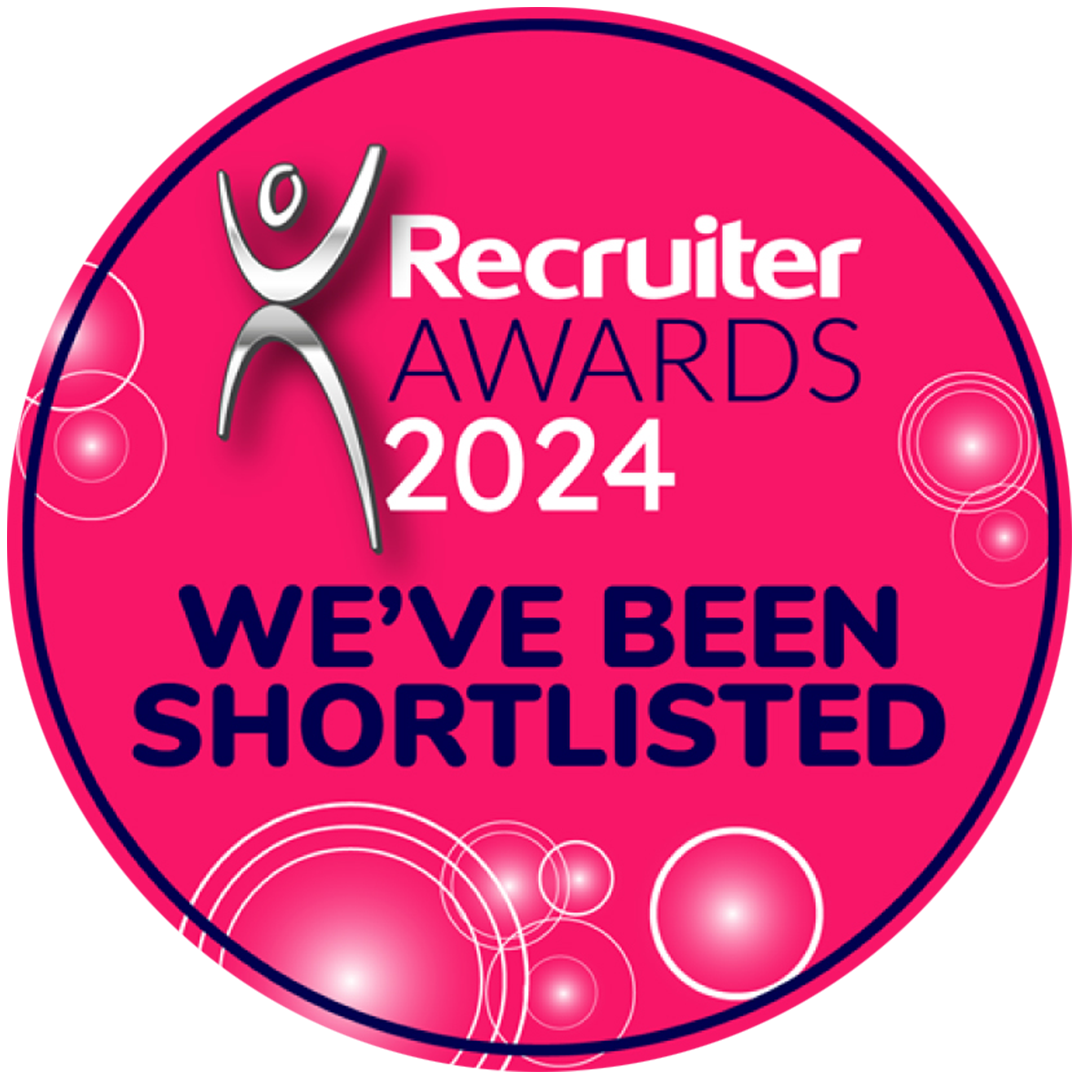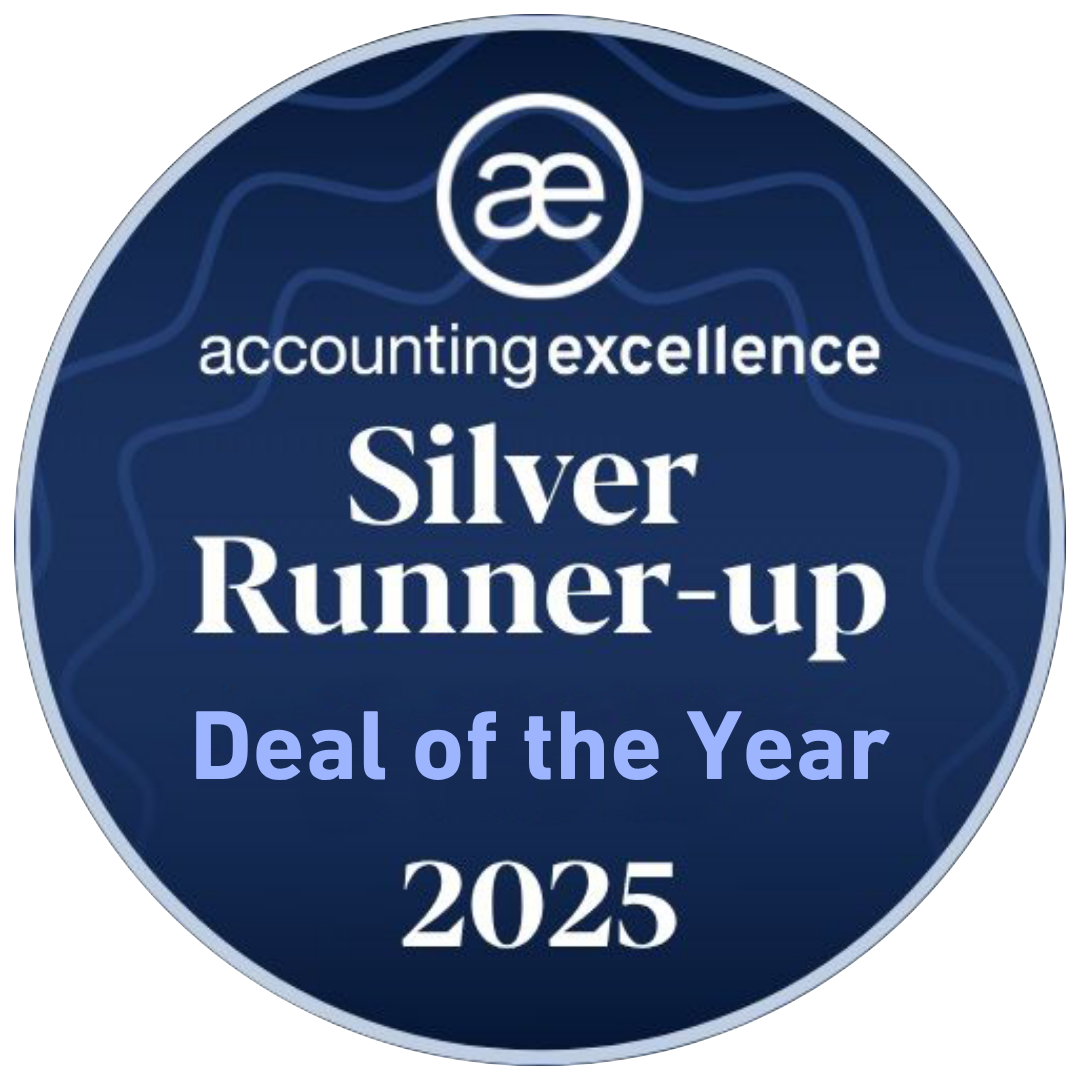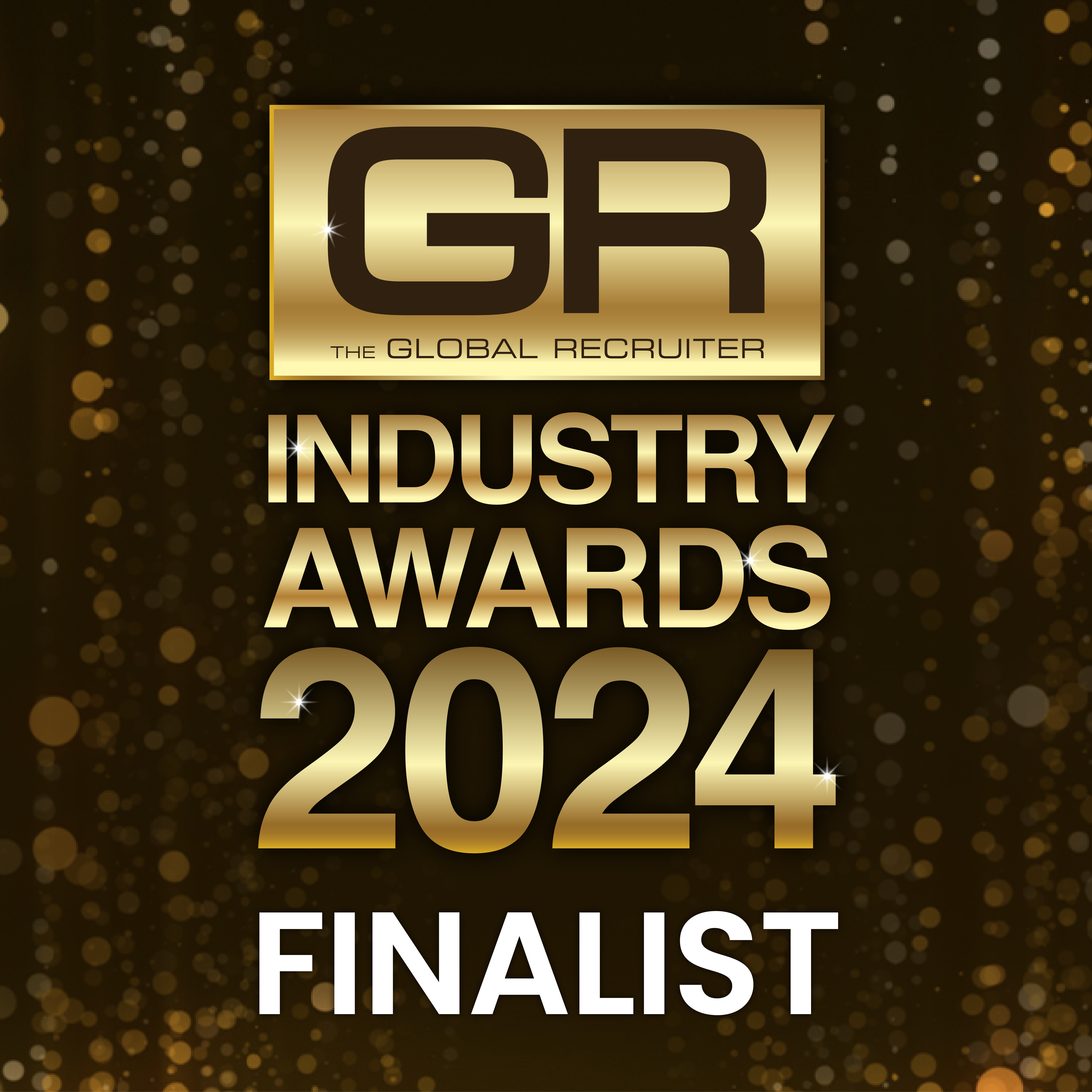In our first Q&A with members of the 35 Under 35, we had the opportunity to talk with Harry Briggs. Harry is Director of ESG Reporting at KPMG.
In this article we discuss his career path into accountancy. As well as his current role at KPMG, the different ways businesses can gather ESG information. They will soon be required to collect with the introduction of new legislations. And the future of this seemingly niche sector of the industry that has been rising to prominence.
The 35 Under 35 list is created annually by Accountancy Age. Spotlighting the careers of individuals who have made a significant contribution to the industry. You can view the full 35 Under 35 list here: https://www.accountancyage.com/rankings/35-under-35-2021/
YOU ARE THE ESG REPORTING AND ADVISORY DIRECTOR AT KPMG. WHAT WAS THE REASON BEHIND PURSUING THIS AREA OF ACCOUNTING?
First off, it is an area I am personally interested in. Sustainability is particularly important to me, so this was an area I wanted to pursue. The reporting side was really interesting because I see it as a catalyst for taking sustainability action. If you can measure and understand your impact, then you can develop a strategy to minimize it. Stakeholders are increasingly seeking this information, particularly investors who are now routinely undertaking sustainability due diligence before investing. From an investor perspective there is an opportunity to create value if companies they own can improve their sustainability performance. Reporting is an enabler to all of this.
HOW MANY CLIENTS ARE ASKING FOR ESG REPORTING?
Regulation is making it a requirement for all large businesses to report on their ESG credentials to some extent. Different jurisdictions are taking different approaches. To date the UK has been climate focused but this will soon move more in line with the EU. Who have taken a more holistic approach to sustainability. Even SMEs can be caught if they are owned by institutional investors. This is a complex and largely unfamiliar territory for firms. So, I am spending a lot of my time speaking with clients to explain how this impacts their businesses. We have also seen a rise in the number of people wanting to pursue ESG reporting because of stakeholder demands. Not just investors but employees, customers, and suppliers too.
IS THERE A SKILLS SHORTAGE? IF SO, WHAT IS BEING DONE TO BRIDGE THIS SKILLS GAP IN THE ACCOUNTING INDUSTRY?
There is a severe skills shortage, and there is a significant need to upskill the industry. Individual firms will be running their own training. We are developing training courses in collaboration with the Cambridge Sustainability Leadership Institute at KPMG to upskill our staff. Regulators and Industry Bodies have their own certification. Such as taking an ACCA module. Certificate in Sustainability Finance. I myself obtained the CFA Certificate in ESG investing, but there is more that needs to be done.
WHAT WAS THE REASON YOU PURSUED A CAREER IN ACCOUNTING?
I think in all honesty it was a lack of any other idea, which is really common for accountants. Accounting is such a broad skillset, and you get such good exposure to lots of different clients and their businesses. If you are not sure what you want to do it gives you really good grounding. It gives you a professional qualification, and the options open to you once you are qualified are vast. Accountants go on to do such a wide range of different business functions. So it is the perfect career path for someone who does not know exactly what it is they want.
WHAT ADVICE WOULD YOU GIVE TO SOMEONE ON A CAREER PATH LIKE YOUR OWN?
If you have entered accountancy already, doing it through some form of consultancy is always a great idea. It gives you that broad view of all the different avenues open to you. Also, what you need to do is find something with a bit of purpose that speaks to you. Because you are never going to be the best at something you do not really care about.
So, of all those different options that fall out in front of you, you need to find the one that really piques your interest and pursue that and focus on developing your strengths and going through that route. Do not worry too much about your weaknesses; there are always other people around you who are going to be good at something you are not good at. Your role, your value-add, is in what you are good at. So, focus on what you are good at. Focus on what you care about and pursue that.
THERE WAS A 13% DECREASE IN THE GROWTH OF SUSTAINABLE INVESTING WITHIN EUROPE. WHAT ARE YOUR VIEWS ON THIS?
I think the regulatory framework that has come in does a really good job of defining it. If we talk about sustainable investing, but also responsible investment, there are two types of clear distinctions in it. One is impact investing. Where you are going whole hog into trying to have a return that is beyond financial return. Such as having an impact on society or the environment. So, examples like renewable energy investing would sit in that bucket. That is quite clear and easy to understand. I think the decrease is due to how ESG rating providers pick up on defining what impact investing is. A lot of firms have an element of it, but they are not entirely dedicated to it. They get shifted into different buckets when it gets measured.
Growth
What we have seen the real growth of is Responsible Investment applied to normal investing. For instance, if you are investing in tech companies or something similar where it is not a clear impact investment, we are now having this layer of responsibility added to it where the due diligence process will include sustainability, and they will look at ‘is this firm we are investing in do any harm to the environment or not, and if they are what can we do – once we own it – to stop them doing that’.
So, you are seeing this huge shift just on normal business where they are all thinking about their sustainability impact and are trying to realign themselves to reduce their impact – or have a positive impact instead – in addition to their normal day-to-day activities. That is where it has really gone mainstream, and it is also where a lot of the value sits. We call that value creation; a company that is not currently having a positive impact at the moment, through a period of ownership, goes to having a positive impact. Asset Managers see a lot of value in that transition, because when they come to exit that investment and someone does the due diligence on it, they will see that it is now clean and green, and the regulations have framed the definitions in that context.
HOW CAN COMPANIES COLLECT THE INFORMATION FOR THEIR ESG REPORTS? IS SCOPE 3 (INDIRECT EMISSION) INFORMATION NOT DIFFICULT TO ACCURATELY CALCULATE?
I guess you need to start by thinking about aligning yourself to a framework or set of standards. If we ignore whatever they are required to do from regulation, a company should decide where they want to focus their impact. So, do they only care about climate, in which case they might look at something like TCFD, or do they care about sustainability all around, in which case they may look at something like SASB (Sustainability Accounting Standards Board) or the new ISSB (International Sustainability Standards Board) standards coming out. That then gives them a framework to follow, guidance to follow, and structure to how they are approaching this topic.
Once they start working through that framework they will be able to assess the materiality of the metrics under there. You will end up with a menu of all the different factors that might be relevant to you, and you do a materiality assessment to say ‘actually, these ones are the most relevant for our business, and the stakeholders care the most about this one, and maybe we’ll leave these ones to the side.’ Once you have gone through that process, you end up with your shortlist of metrics you are going to collect, and that is when you go out and collect the data.
Greenhouse Gas
You mention greenhouse gas, and that is pretty much going to be in every single company’s metrics. That is both the most complex, but also the one where there has been the most work, both from a standards development point of view and guidance point of view, as well as technology wise. So, you might look at the greenhouse gas protocol which gives you quite a lot of detailed guidance around how you might pick up the scope 3 information, where you are into the world of estimation quite often.
You can work with technology providers that are developing tools and putting protocol standards into their technology, meaning you can start inputting your business model operations into that technology and it will help calculate and estimate what your greenhouse gas impact is. Once you are done, it will give you a list of activities that emit the most emissions, and that is where you can start working through that list to try and reduce them and offset them.
ESG REPORTING IS MOST OFTEN ATTRIBUTED TO MONITORING THE IMPACT A BUSINESS HAS ON THE ENVIRONMENT. WHAT ARE SOME ASPECTS OF THE SOCIAL AND GOVERNANCE SECTIONS OF ESG THAT CAN BE TRACKED IN SIMILAR WAYS?
You are right, environment is always at the top of the list when companies look at this. Because it has the most urgency around it. Interestingly, if you look at the regulatory approaches in different jurisdictions you see a similar differentiation as well. The UK is very climate focused, and the EU is taking a more holistic approach to sustainability including social metrics. So, in terms of what you should do, I suppose the easiest social metrics are always going to be around your workforce as that is immediate and in front of you. You can start doing surveys around employee engagement and responding to those so you can understand what your gender pay gaps are, or what your diversity and inclusion looks like.
The EU are going heavy on issues that sit in the supply chain, and particularly human rights in the supply chain. So, the way our economy’s built out we have obviously outsourced a lot of work into jurisdictions in Asia, or elsewhere to less developed regulations. So, are you comfortable that there are fair employment policies going on throughout your supply chain, and if you do not have visibility of that you need to start then engaging with your suppliers and start working through it.
Europe
We have seen that quite a lot from larger European headquartered companies who are turning around to their suppliers – who are often based in the EU anyway – and they are saying “you need to demonstrate to us that your supply chain is clean.” So, that supplier is then having to put in place huge workstreams to go back through the supply chain, that might go through India or China for example, to understand exactly what process their product is going through to get to them.
That is a huge workstream, but if they do not do it, they might lose that contract, and for a lot of the suppliers that one contract could end their business. So, it is important, and it is coming through in regulation anyway in the EU; they are working on sustainable corporate governance which will include due diligence that all companies will have to do over their supply chain.
ARE YOU SEEING IN GENERAL A DIFFERENCE IN CONSUMER BEHAVIOUR – THE FOCUS IS ON SUSTAINABILITY, AND WE ARE TALKING ABOUT CLEAN SUPPLY CHAINS AS WELL – ARE COMPANIES BEING IMPACTED BY CUSTOMERS NOT USING THEIR SERVICES BECAUSE THEY ARE NOT SURE IF THEY ARE DOING THE RIGHT THING, OR DO NOT KNOW ABOUT THE IMPACT THE COMPANY IS HAVING ON CLIMATE, ENVIRONMENT ETC.?
Definitely. We should not lose sight of the fact we are in the middle of a societal shift and increase of demand. So, it is people wanting their pensions to invest in clean projects, they are wanting to buy cleaner products in the stores, and all of that has driven government to react with regulations, and driven investors to react with requirements on their investments, and it all comes back to that. So, sometimes you must sit back and rationalise the cost of all this, because there is a cost.
If you are going to introduce an entire system of sustainability reporting, that is expensive. But it is the people paying for these products and services that want you to do that, and they are happy to carry the cost as a result; whether it is the investors as the ultimate beneficiary, or the person in the shops that is buying those products.
And you see it coming through in marketing as well; products on the shelves will start marketing that they are sustainable. Although, I think we are in a period where a lot more scepticism is coming on companies. We use this phrase ‘Green Washing’ – thrown around a bit – but it’s scepticism around claims that companies make that they are an ethical company, but an investigative journalist can do a bit of digging and there are all sorts of horrible things going on in their supply chain. That hit’s their revenue. Customers do not want to buy your product or service it if they know it has come from a sweat shop.
WHAT DO YOU EXPECT TO SEE IN THE INDUSTRY REGARDING ESG WITHIN THE NEXT 5-10 YEARS?
I think we will see non-financial/ESG reporting rise to prominence along with financial reporting. And we will see the integration of it into legislation. Regulations are already in place, but we will see them evolve. I think what we will see from investors is, when they do their analysis on companies to invest in, they will be as interested in the sustainability credentials as they are the financial ones.
Investors are bringing in responsible investment policies, and that is the beginning of that process. The more data there is – which will come through from the reporting – the more they will be able to base their investment decisions on that data. So, the reporting will become mainstream. As a result of reporting becoming mainstream, the assurance over it will also become mainstream, because the second investors and creditors start making decisions based on that information, they need to make sure that information is correct and accurate. We will see a huge industry developing around this, which in terms of scale will almost duplicate the financial reporting industry.
WHAT IS THE BIGGEST CHALLENGE YOU ARE FACING AT THE MOMENT?
More and more companies are looking at ESG and non-financial reporting. Which is such a broad area, and they do not have enough people to keep up with the workload. So they are struggling both from a measurement and reporting perspective, but also from an action strategies perspective and implementation of more sustainable ways of working.
As we are not there yet in terms of the upskilling journey, they need help doing it. So, they are all coming to consultants such as myself needing that assistance. Because they do not have the people or resources to do it in-house. We are advising on all manner of different things. Often starting with guidance on how they should structure their approach to ESG. How they should start managing these measurements. That then evolves into the actual actions and strategy they should implement. So, for us, it is just trying to cope with that demand and upscaling to meet it.










 AJ Chambers Recruitment Ltd,
AJ Chambers Recruitment Ltd,